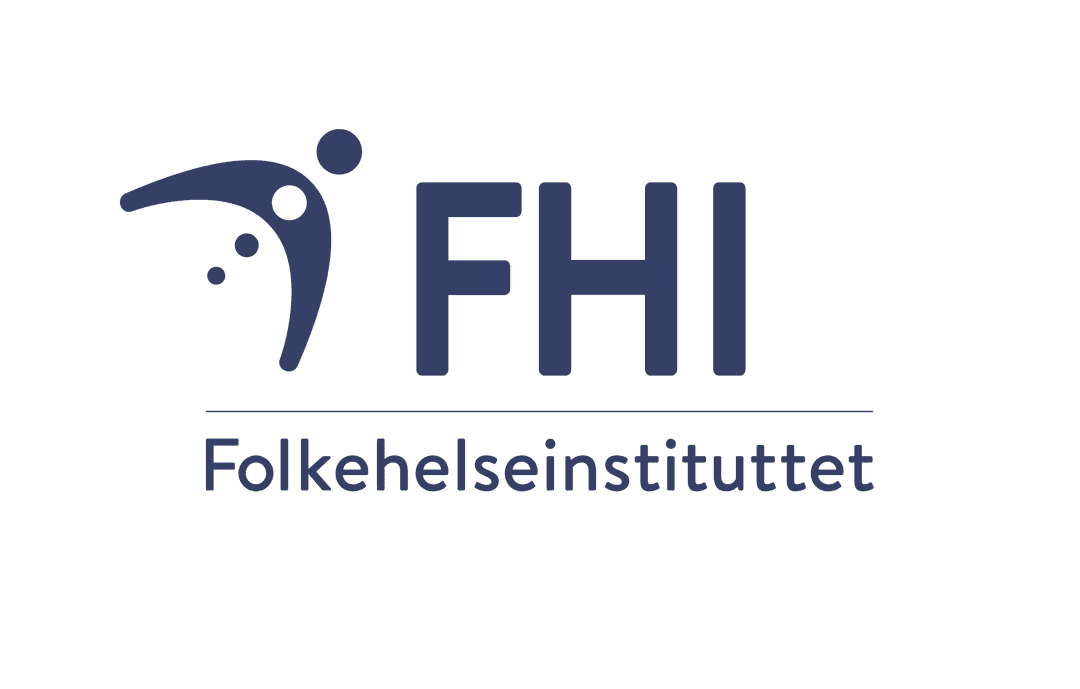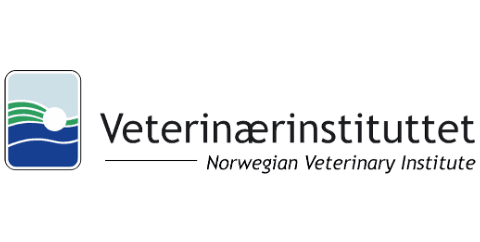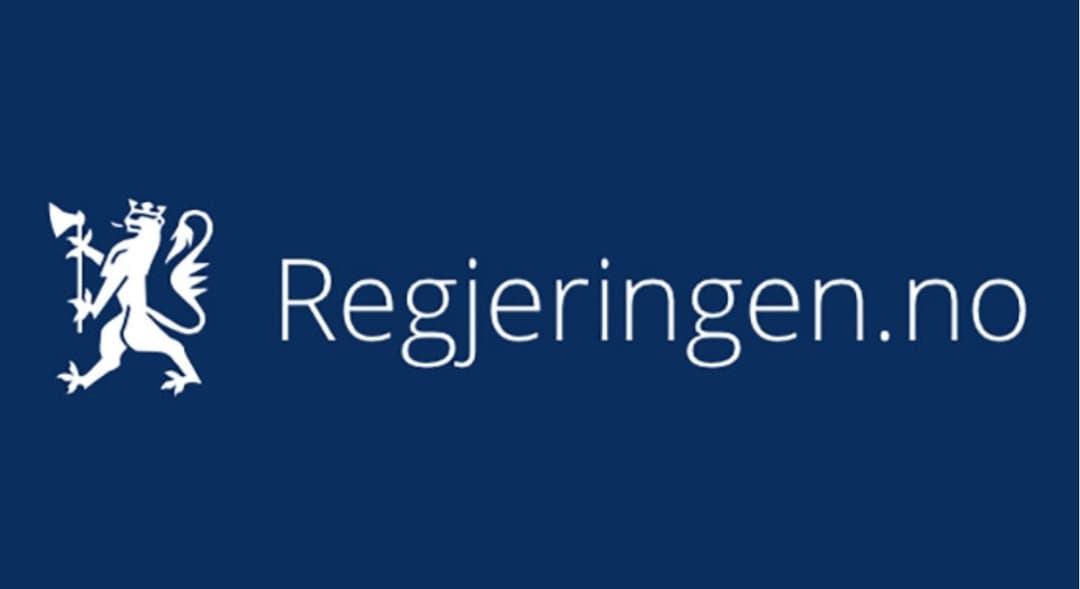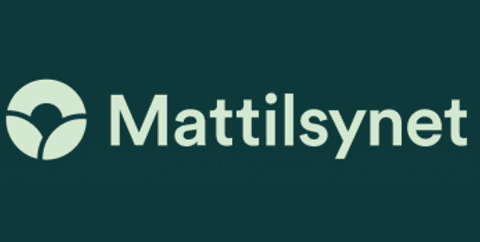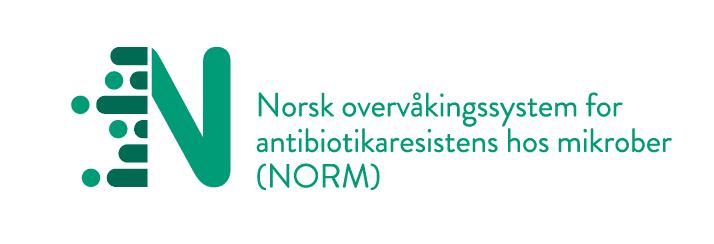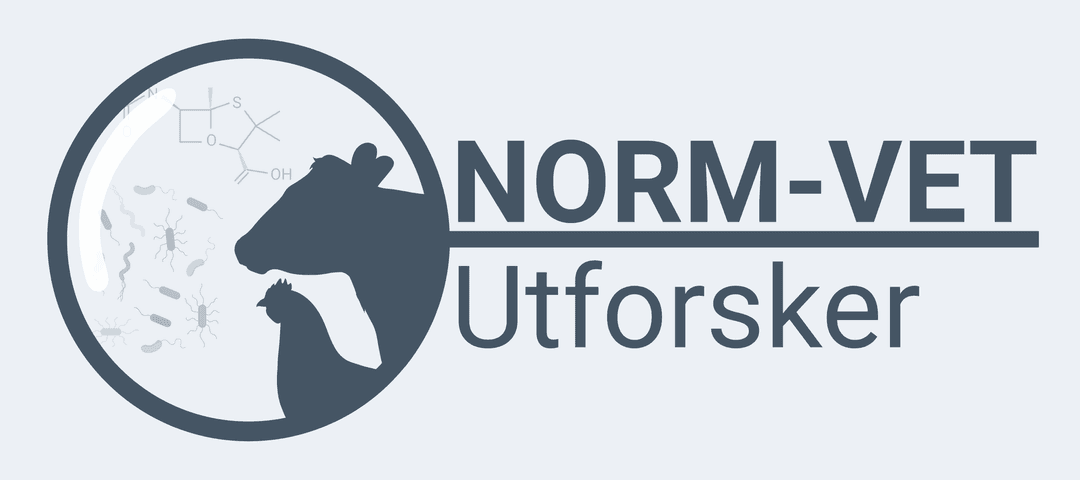Surveillance
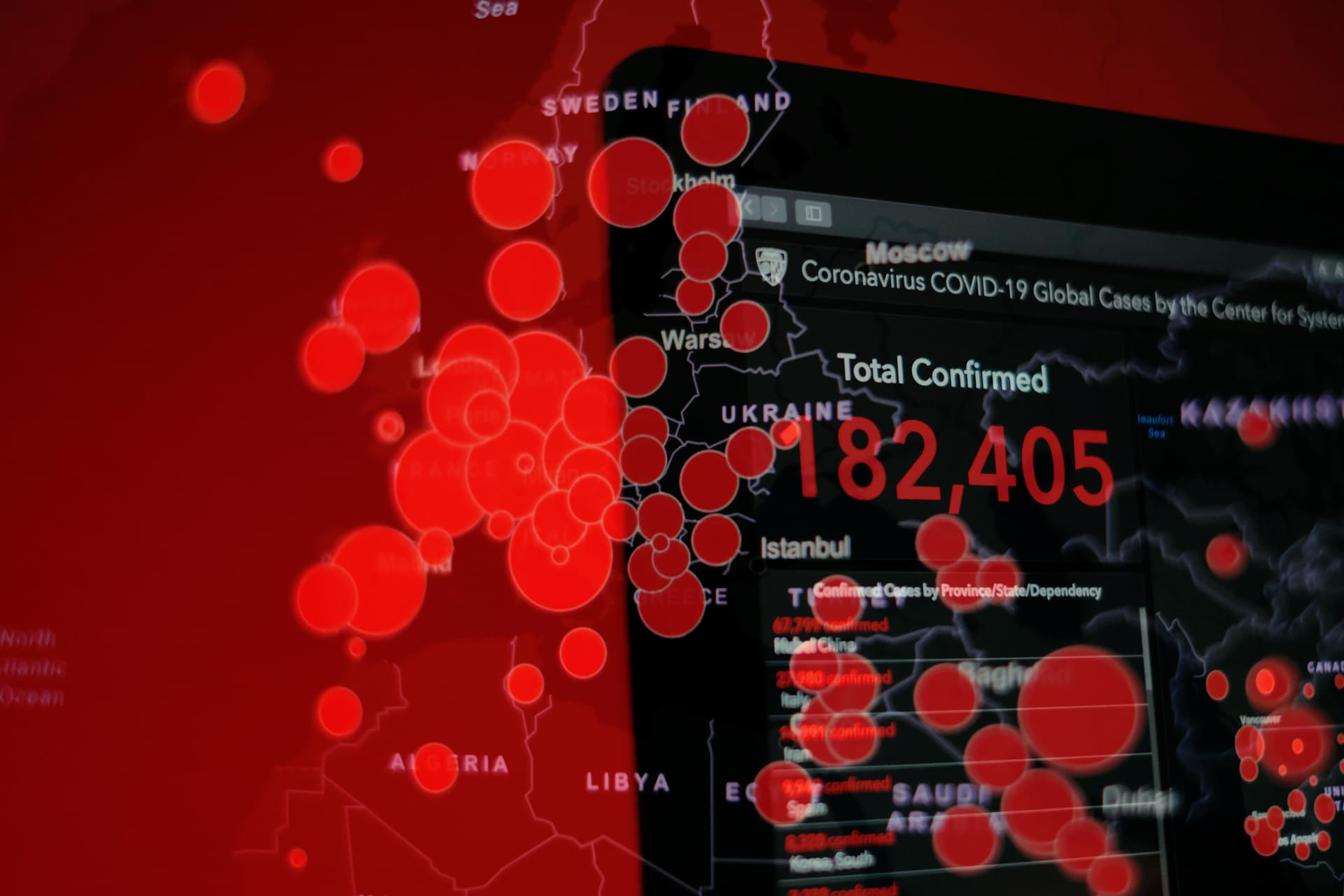
Norway's national surveillance of pathogens is a coordinated effort involving multiple institutions that monitor and control infectious diseases and antimicrobial resistance across various domains.
Norwegian institutions involved in surveillance of pathogens
Norwegian surveillance systems and health registries
Norway has a comprehensive system of surveillance systems and health registries designed to monitor public health, track the occurrence of diseases, and support healthcare planning and research. These systems are managed by various national institutions and cover a broad range of health-related data. FHI is responsible for the data controller for these registries and is also responsible for reporting to international organisations such as WHO and ECDC.
Wastewater Surveillance - international
Wastewater surveillance is one of the most important aspects of public health surveillance, however Norway has not yet a national wastewater surveillance systems. During the COVID-19 pandemic, FHI together with the Pandemic Centre at UiB conducted wastewater-based surveillance of SARS-CoV-2 in Norway.
Important international resources and consortiums are the EU Wastewater Observatory for Public Health, the Joint Action EU-Wastewater Integrated Surveillance for Public Health (EU-WISH), and the Global Consortium for Wastewater and Environmental Surveillance for Public Health (GLOWACON) FHI and VI are partners in the EU-WISH project.
External resources
- Latest publication in Cristin
- Ongoing projects listed in Projektbanken
